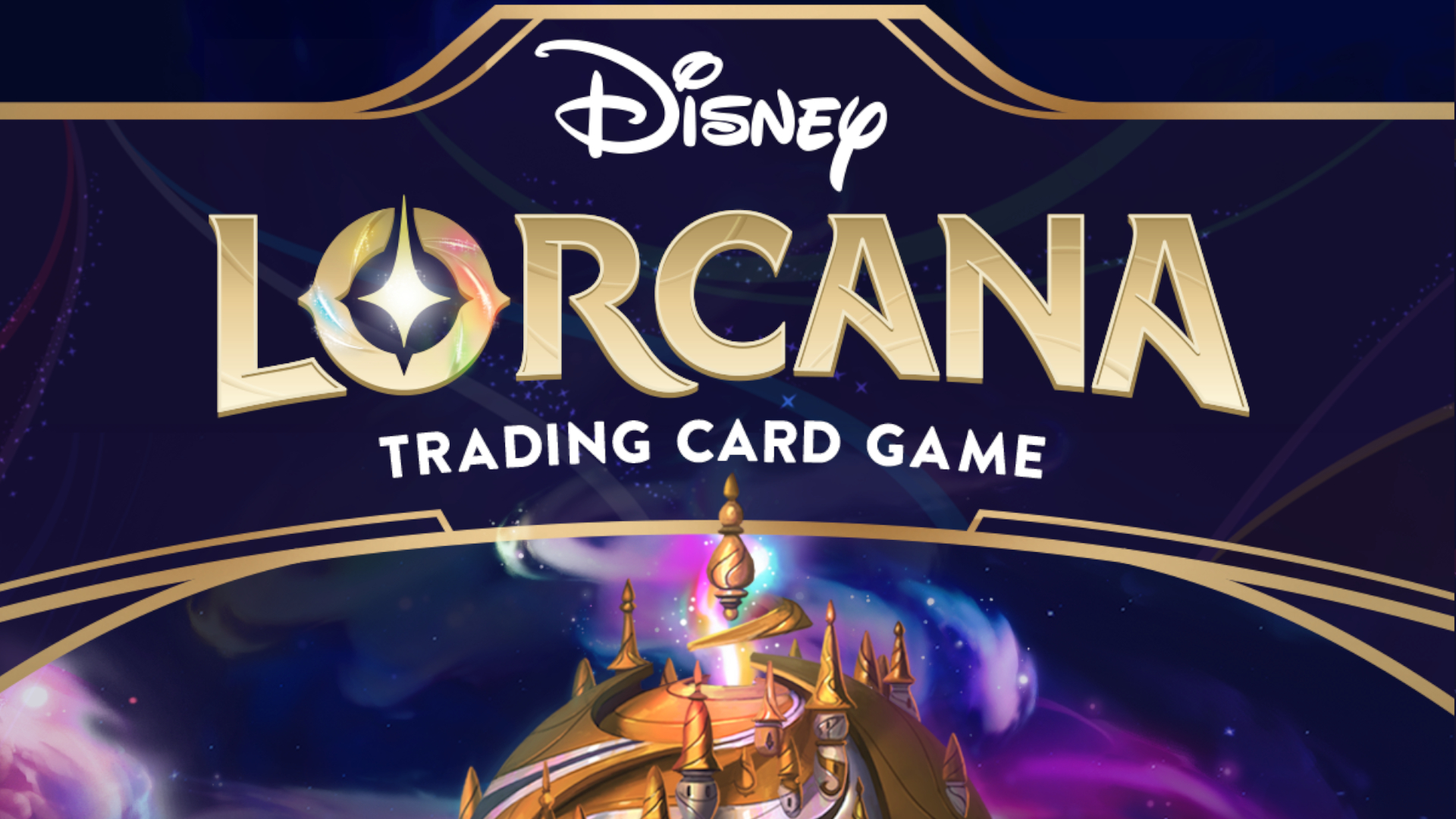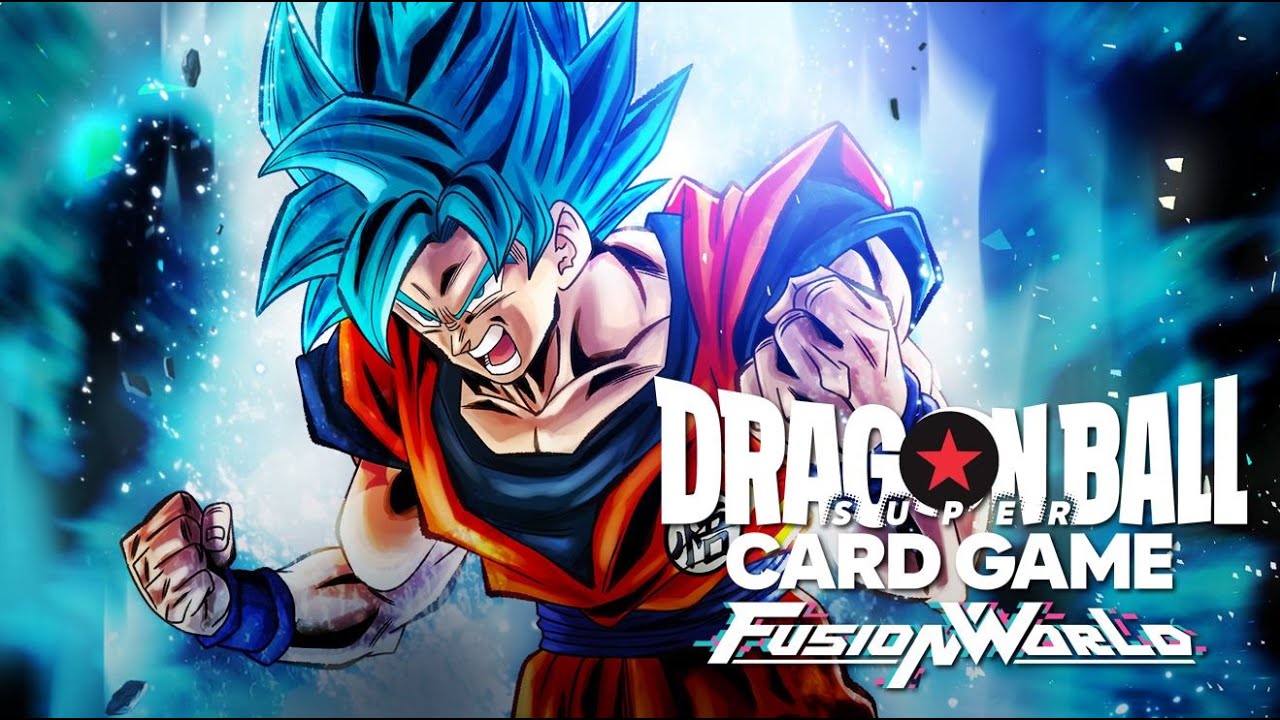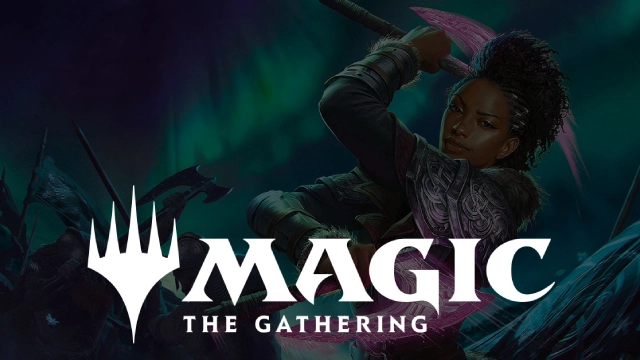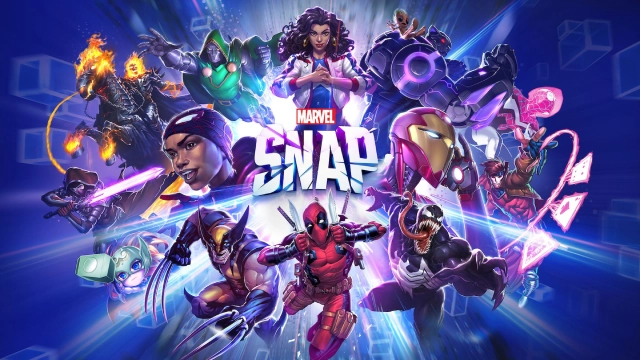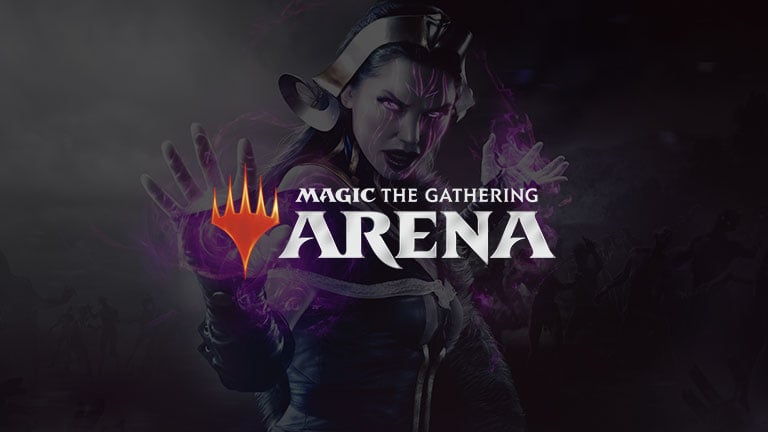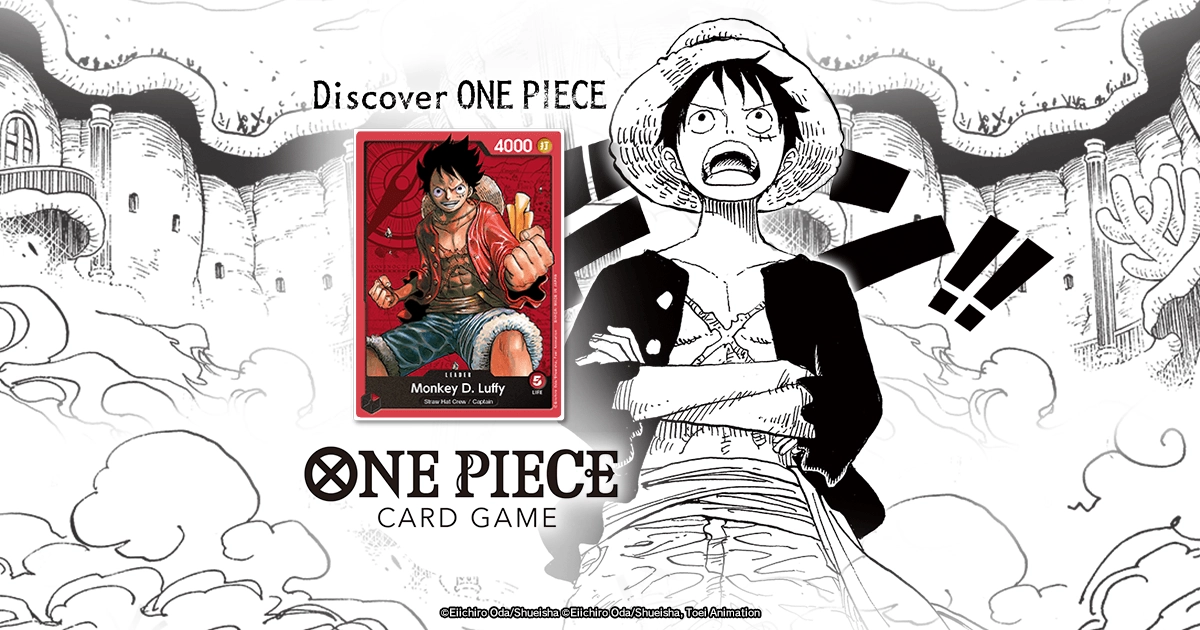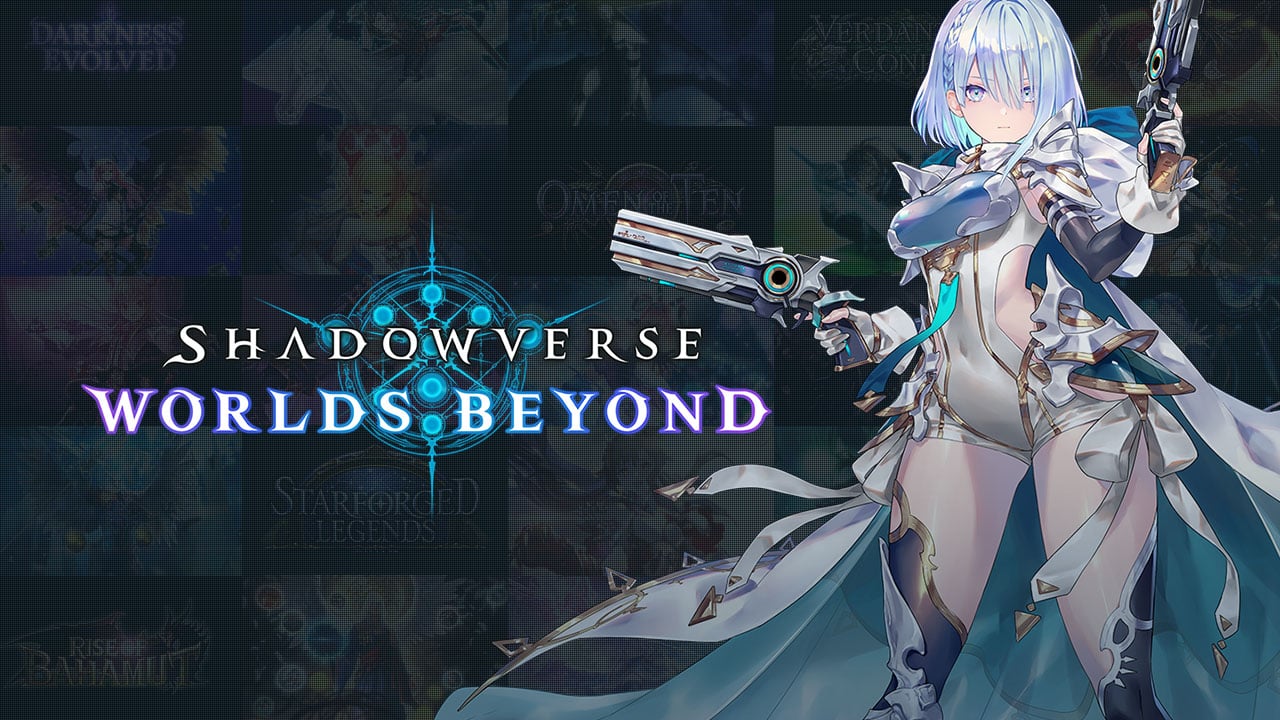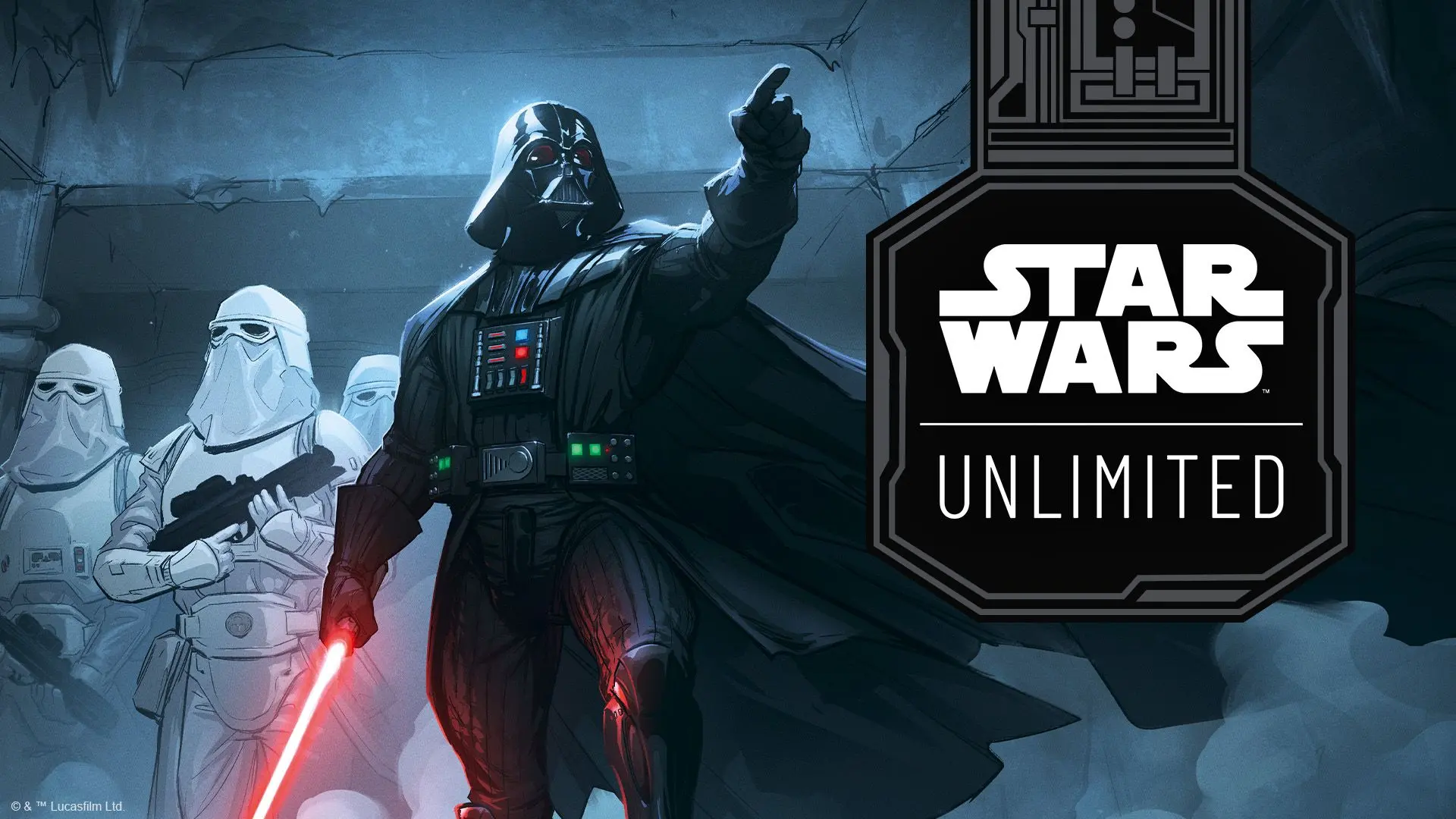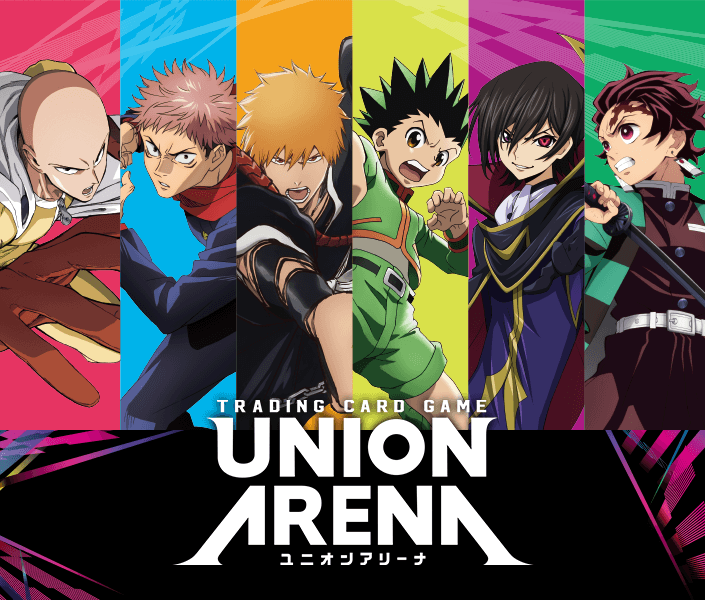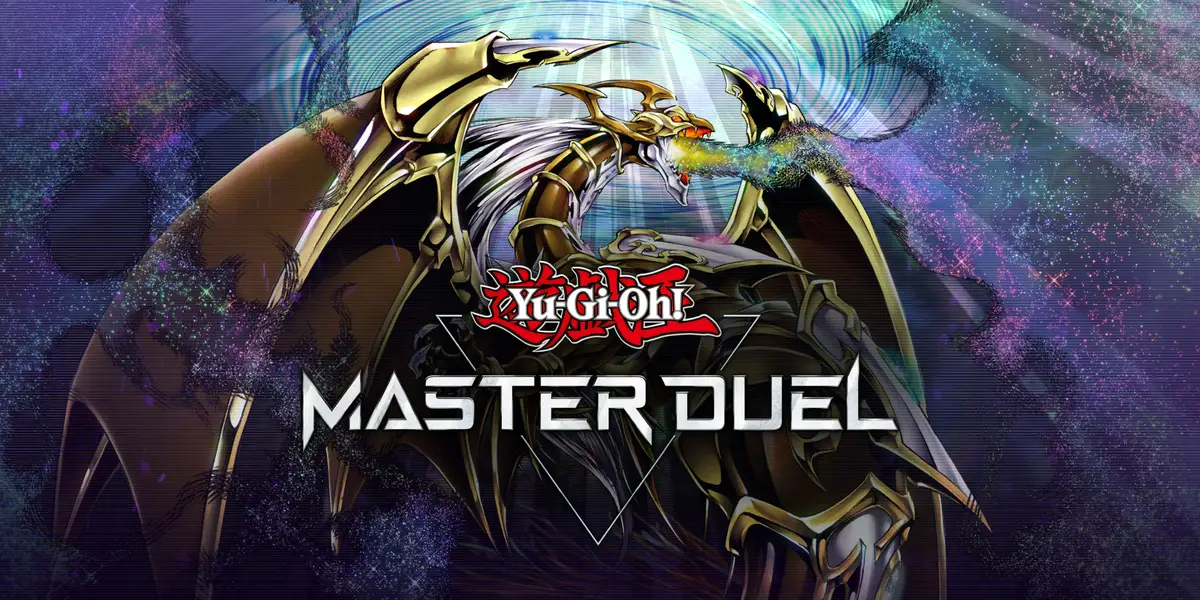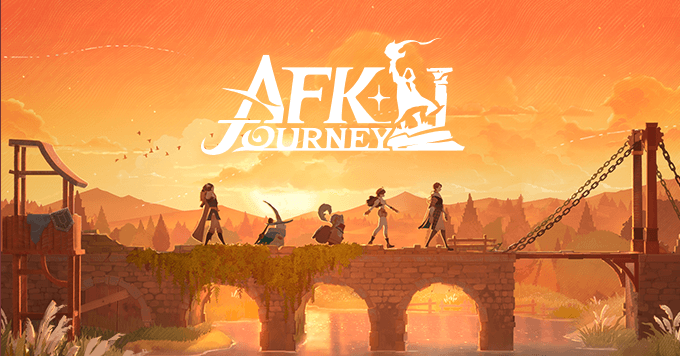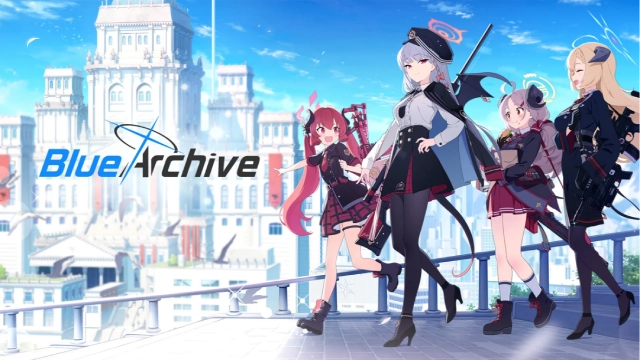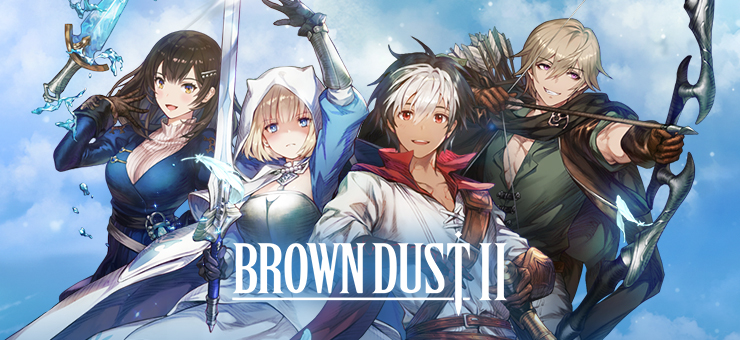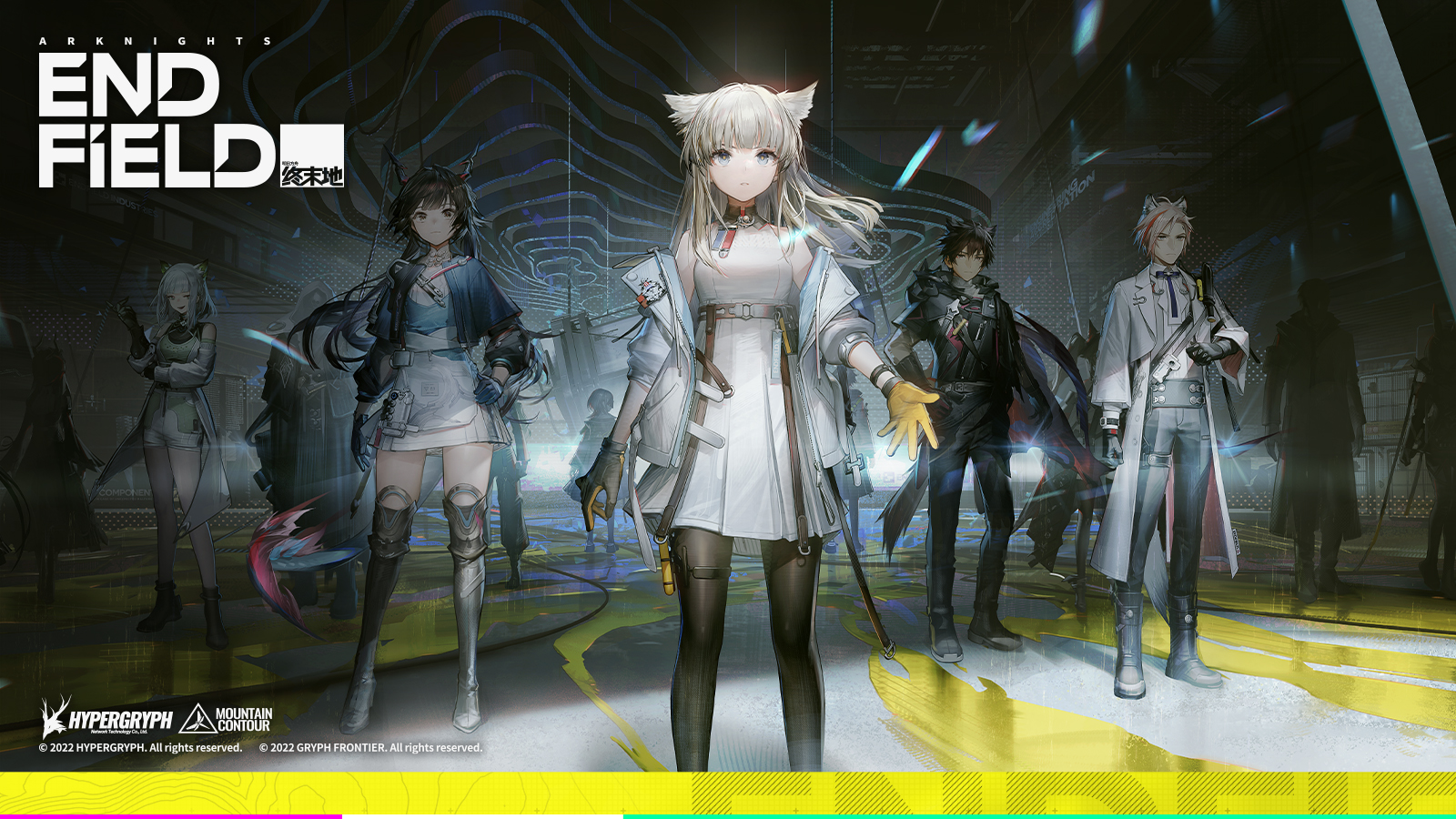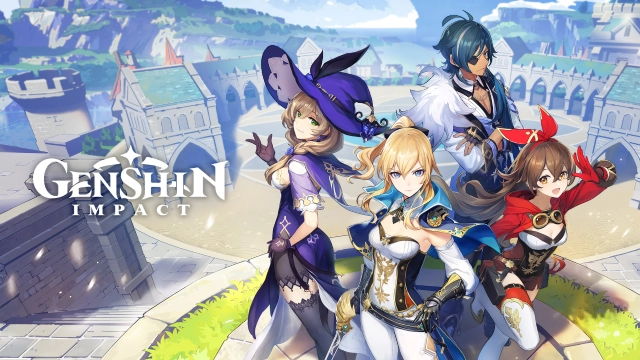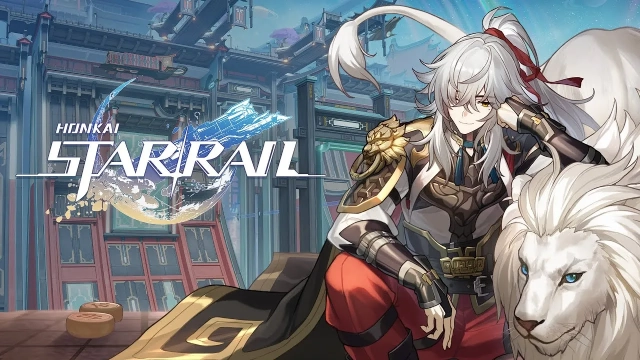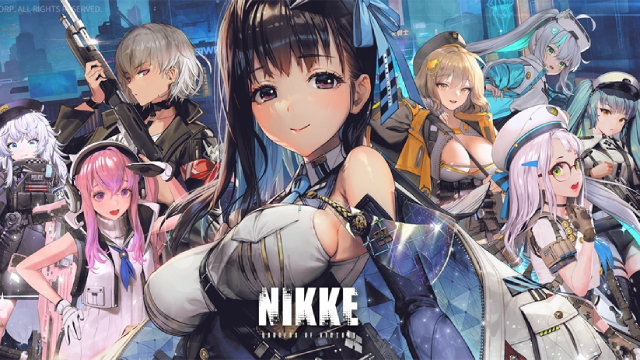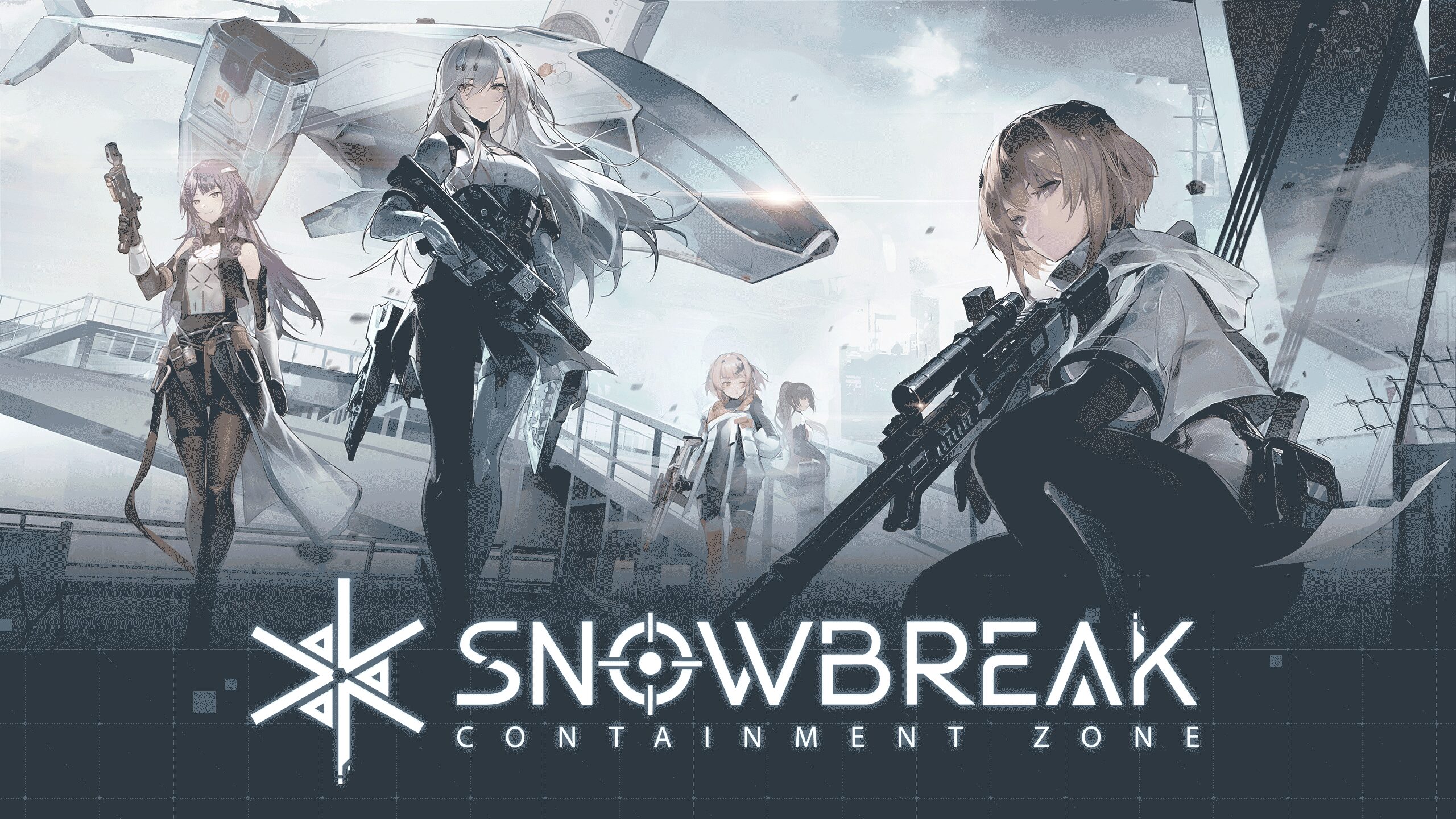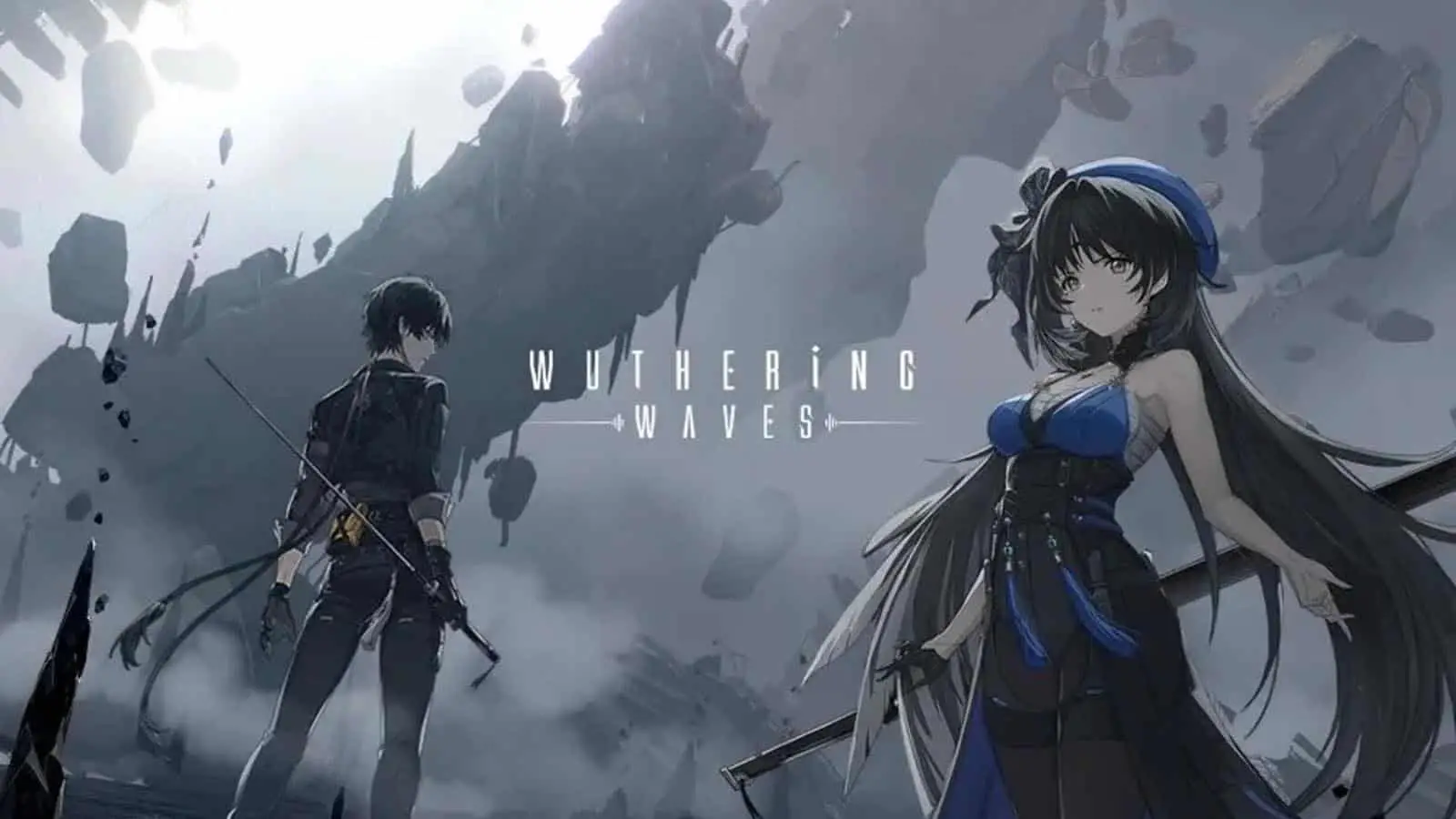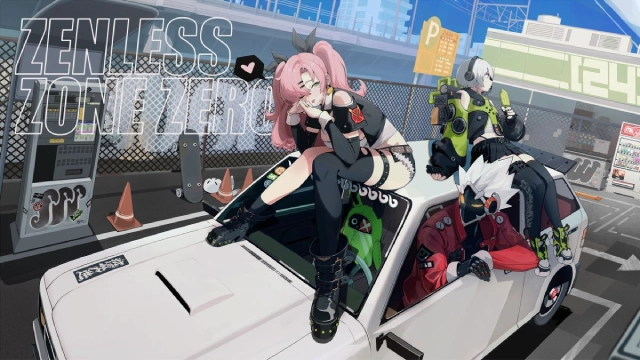Table of Contents
The indie rebellion against Unity has begun. Many of the biggest indie video game developers have already spoken out and given their opinions, but let’s start at the beginning.
The controversy broke out in the gamer community because the company Unity, creator of the most used graphics engine in the video game development industry, announced the decision to change its business model.
Beginning January 1st, 2024, Unity will charge developers a fee after they reach a certain revenue or a specific number of downloads. The decision undoubtedly provoked unprecedented reactions in the industry against the company.
Many studios spoke out strongly, condemning the impact that developers, editors, and publishers of video games created with Unity will have.
The New Model
Unity intended to charge a fee of 20¢ USD for each installation of a game that reached $200,000 in revenue over the last 12 months and 200,000 lifetime installs.
This is only if you use the Unity Personal or Unity Plus tier. There are certainly other plans, such as Unity Pro, Unity Industry, and Unity Enterprise, each with different limits and charges, but the cost of these plans is quite high upfront (starting at $2,040 USD per year).
From what Unity says, they have a system to track the downloads and installations of a game that is made with their engine. Let’s put this in perspective for ourselves. You are an independent developer, and you use Unity Personal. You release a game and decide to sell it for $1 USD. The platform where you decide to publish it (Steam or Epic, for example) takes about 30%, and then we have to factor in taxes.
Let’s say you are wildly successful and the game is downloaded 200,000 times; for each installation after that, you must pay 20¢. Now, let’s add to the equation sales on Steam in countries where some games are cheaper (which nets you less money). With all this in mind, it would seem that succeeding and having your game become popular would end up leaving you with a minuscule profit margin, or even losses if you decide to release a free game.
Disagreements and Protests
The problem spread rapidly, and many major developers stated that they would remove their games from all platforms before this model came into effect and/or move them to another engine – unless the company decided to rectify their decision (which will happen, apparently, but we’ll get to that later).
Aggro Crab – Another Crab’s Treasure

Aggro Crab, creators of Going Under and Subway Midnight, made things pretty clear. The studio behind Among Us, Innersloth, retweeted this post in support of calling for changes from Unity.
This tweet mentions something very important: the Xbox Game Pass. Aggro Crab is going to have their game Another Crab’s Treasure on the Xbox Game Pass in 2024.
If your game is on Xbox Game Pass, you make a contract with Xbox to have it on this service. With the announced changes, each person who installs the game, even just to try it briefly, represents a cost for you.
Another important point that the people at Aggro Crab point out is that we have not stopped to think about what happens with sales on other platforms (as I already mentioned a little in previous paragraphs), pirated installations, and multiple installations from the same user.
Innersloth – Among Us

Innersloth is still an indie studio, but the success of Among Us was great enough that they could port their game to another engine if this Unity idea continues (something that many other big indie studios are considering as well). However, as they make clear, not all developers have the time or the means to do the same.
Landfall – Totally Accurate Battle Simulator

Landfall, the creators of Totally Accurate Battle Simulator (a game that has been installed tens of millions of times over the years), make something else clear.
Although the president of Unity has said that this charge will not be retroactive (as many thought it would be), referring to the fact that it will only be effective for installations after January 1, 2024, this does not take into account games that were previously developed with this engine.
By this, I mean that, even though there will be no charge for previous installations, there will be a charge for installations of games that were developed before the policy was announced. In the end, Landfall mentioned that this has caused a huge breach of their trust in Unity.
Mega Crit – Slay the Spire

Let’s talk a little about card games. Slay the Spire is one of the most famous indie games with card-based mechanics in the industry. Its creators, Mega Crit, leave another super important point on the table.
What happens to these companies that have dedicated years of work to the creation of new titles that have not yet been released? They were working with Unity under the premise of a business model prior to the one Unity now proposes.
As Mega Crit makes clear, in addition to the opinion of the people at Landfall, this is a very hard strike to the trust that developers had in Unity. Furthermore, they believe that Unity was 100% aware of this, pointing out that they went so far as to remove their TOS (Terms of Service) from GitHub.
And, once again, “…we will be migrating to a new engine unless the changes are completely reverted and TOS protections are put in place.”
Massive Monster – Cult of the Lamb

Although this first tweet has been deleted, the people at Massive Monster set a precedent about the seriousness of the matter. The changes proposed by Unity could result in developers taking actions that would cause many of our favorite games to become unavailable.
If, for some reason, a studio doesn’t decide to port their game, the solution for many of them could very well be to remove their games from all platforms, which would be a huge shame.

In a subsequent tweet (that is still available), the studio points out another relevant implication. Many games that were in progress could continue development in another engine. However, this means that your workers, who are specialized in Unity, now have to learn a new skill set. This translates into them taking the time to become experts in other engines, such as Unreal or Godot, which implies a delay in all projects across most (if not all) of the affected studios.
Software Developed in Unity
The issue goes beyond the games. There is software created with Unity that is used on a large scale. Let me give you an example.
DenchiSoft – VTube Studio

This free program is the most used software to create vtuber models. As such, DenchiSoft would have few alternatives or options. Besides removing their software entirely, they might have to charge for their free software, or redo the entire program in another engine.
Due to the number of plugins and options in the program, making a port would essentially be starting from scratch.
There are methods for making ports from one engine to another in terms of video games. They are time-consuming and complicated, but they exist. Doing the same with software, especially one that has as much work behind it as VTube Studio, is not only complicated, but could also become totally unfeasible.
The Big Games – Marvel Snap, Magic: The Gathering Arena, Genshin Impact, Honkai: Star Rail, etc.
Second Dinner, Wizards of the Coast, and miHoYo develop their games in Unity. This translates into a massive amount of money that these companies would have to pay to Unity.
All of these are free games. And you can install them on your phone, which brings up a new problem that some studios have mentioned in their statements: a single person can generate multiple charges per game.
These companies and studios are certainly larger than indie developers; however, it’s clear that larger developers have taken the same position of silence and stoicism. This is more worrying than reassuring. I think that these bigger companies are not going to stand idly by with their arms crossed.
They will undoubtedly take action depending on the outcome of the matter. They might be waiting to see if Unity will provide clarification on or make changes to their new business model. Still, when they do take action, I think it will have a great impact on the industry and on us, the players.

Just a few days before the announcement of Unity’s new business model, they dedicated an important space on their website to Marvel Snap. A “Case Study” where they applauded and praised all the work the Second Dinner team had accomplished in Unity.
Could there have been a particular reason to do this just a few weeks before the announcement of Unity’s new model?
Who Came Up With Such a Brilliant Idea?
Well, none other than the CEO of Unity, John Riccitiello. But you may wonder, dear readers, who is this man?

If you’re familiar with EA (Electronic Arts), his name may sound familiar to you. John Riccitiello was the former CEO and president of EA from 2007 to 2013 and was fired after proposing many questionable policies.
This man suggested the idea of charging players for reloading their weapons in Battlefield. Yes, reloading your weapons in a shooting game!
That would end up being “the same” as charging a monthly subscription. And, yes, there are games with this system that give special benefits. The best example would be World of Tanks, which has a Battle Pass that gives you some advantages over F2P players, but that’s another story. A Battle Pass is very different from the destined-to-fail ideas of Riccitiello.
It’s said that Riccitiello proposed that “jokingly”, but the most popular theory about his dismissal is that he wanted to monetize games too much, and that significantly damaged the company’s image. Riccitiello’s history at EA says a lot about him – especially since EA was practically the pioneer of micro-transactions.
Will Unity Turn Back?
In an interesting twist, this latest information comes from a tweet posted by the official Unity account a little over 24 hours ago.

They say they have heard, that they apologize, that they have spoken with people from their team, developers, and the community, and, most importantly, that they will make changes.
I think the problem goes much deeper. While the changes may in some way be beneficial for developers who choose to continue using Unity, I highly doubt there will be an acceptable solution.
Larger companies like the aforementioned Second Dinner (who are still small in comparison), Wizards of the Coast, and miHoYo could perhaps remain with Unity, but many other developers, including all of the ones I mentioned previously, have already stated that if Unity does not completely reverse their new model and apologize, they will simply never use Unity again.
From my perspective, regardless of the changes, the first announcement has fractured the trust in the company. A vital link in any relationship in this world has been broken, and many developers will not return to Unity no matter what happens.
Closing Words
It’s said that things have been getting worse since Riccitiello joined Unity. There are certainly mentions of some positive changes, but the bad comments about the company are starting to outweigh the good ones. The micro-transaction mechanics bound to the engine have become more and more present.
Over the years, a fairly united community of Unity developers has been built, and it’s quite sad to see how some will have to stop using this tool that has given us wonderful games. But, at the same time, it’s quite inspiring to see how this same united community has manifested itself in only one direction, demonstrating strength and forcing Unity to reconsider at least a little of the tremendous bombshell they dropped a few days ago.
What worries me the most are the Unity employees, especially those who work directly on the engine. Thanks to them, incredible games are created. The people in the office, as well as every employee in the company who is not blame for this decision, will feel the backlash. And, if things get worse, Unity will probably have strong financial repercussions, which will force some of that staff to be cut.
You can Google the price of Unity shares on the stock market and see the drop they have had in the last five days. Investors will undoubtedly push hard for the company to do something, or things could get very ugly.
Thank you for accompanying me to this part of the article, dear readers. It’s a pleasure to be back after some personal trips. You already know that you can join our community through Discord and Twitter, and you can always let me know your opinions on my personal Twitter.
See you soon with new content, and you know what I always say: Smile, it certainly makes a difference.
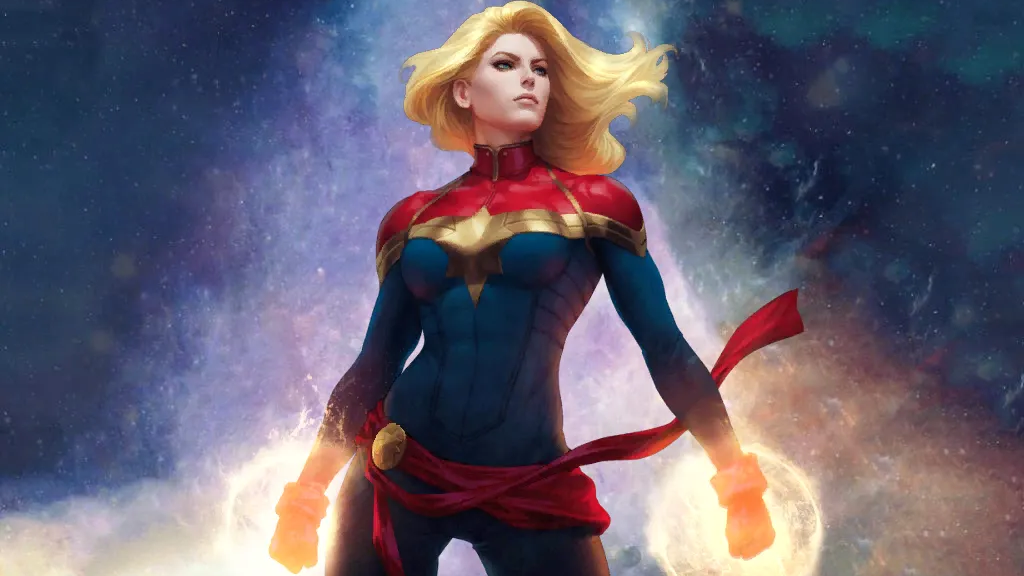
⭐ Premium
Enjoy our content? You can Support Marvel Snap Zone and your favorite content creators by subscribing to our Premium community! Get the most of your Marvel Snap experience with the following perks for paid membership:
- No ads: Browse the entire website ad-free, both display and video.
- Exclusive Content: Get instant access to all our Premium articles!
- Meta Reports: Exclusive daily meta reports, such as the Ultimate Card Metrics Report, Top 10 Decks of the Day, Top 30 Cards, and Top Card Pairs tailored for you!
- Team Coaching: Join our free weekly team coaching call sessions on the Discord server. Claim your Premium role and gain access to exclusive channels where you can learn and discuss in real time!
- Premium Dashboard: Get full instant access to the member-only dashboard, the all-in-one page for all your benefits.
- Support: All your contributions get directly reinvested into the website to increase your viewing experience! You get also get a Premium badge and border on your profile.
- Special offer: For a limited time, use coupon code SBYREX4RL1 to get 50% off the Annual plan!
